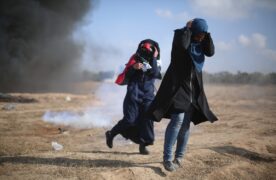There are armed conflicts in different parts of the world that have cost hundreds of thousands of lives, genocides, millions of displaced people, and violations of the fundamental rights of combatants and civilians. But the conflicts in Palestine and Ukraine, because of their magnitude and the fact that they involve a major confrontation between the great powers, are the most significant.
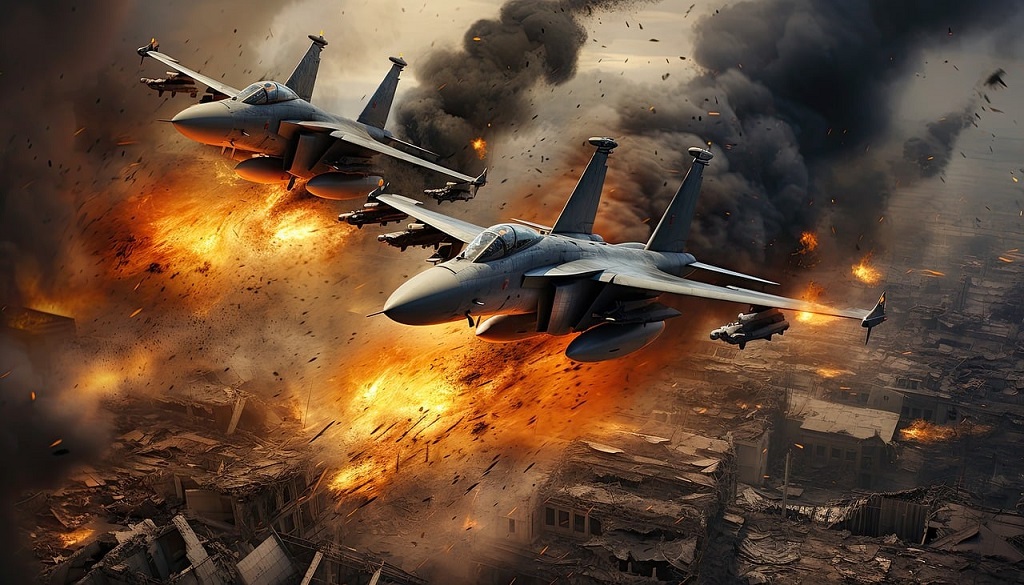 Juan Diego García
Juan Diego García
Given their dimensions, the conflicts in Palestine and Ukraine are the ones that receive the most media attention; they are also, for the moment, the most significant scenario of a major confrontation between the traditional powers (the United States, its European allies and others less important) and the new ones (China and Russia, in particular).
This is in fact the great confrontation that determines in fundamental respects the course of particular confrontations, and to a large extent holds the key to finding a solution.
It is not by chance that recent developments in the Israeli-Palestinian conflict, which end up involving their neighbours (Iran, in particular), unleash the most catastrophic predictions of a very possible World War III. In other words, the transition from such local conflicts to a direct confrontation between the old and the new world powers.
 And it all boils down to the same old story: the fierce struggle to control raw materials, markets and trade routes, even if the narrative in the West makes the reader understand this conflict as a confrontation between democracy and dictatorship, between civilised governments and inhumane regimes, between ‘good and evil’.
And it all boils down to the same old story: the fierce struggle to control raw materials, markets and trade routes, even if the narrative in the West makes the reader understand this conflict as a confrontation between democracy and dictatorship, between civilised governments and inhumane regimes, between ‘good and evil’.
But facts are different. Those who – theoretically – embody human values and civilisation, as is the case with Israel, end up practising the same methods that were thought to have been forgotten by modernity. The most aggressive colonialism then appears, repeating the Nazi slogans of ‘living space’, and xenophobia becomes the central value for the education of its own population, which ends up denying – with some exceptions – the most elementary rights to other peoples (in this case the Palestinians) and the racism that revives the discourse of ‘superior races’, another of Nazism’s slogans.
It is enough to listen to the speeches of those who used to understand Israel’s existence as a kind of compensation for the Holocaust, and who end up reading the reports of the conflict in Palestine as proof of the real nature of the Zionist state and even understand so-called Islamic terrorism as the product of a whole history of massacres, displacements and the theft of land from its legitimate occupants.
 It is not the same in Ukraine, at least not to the same extent, but it is obvious to anyone following the actual course of events that this conflict did not begin with the Russian offensive, as it actually has its roots in the West’s policy of encircling Russia militarily, in breach of all the agreements signed when the USSR fell; then there are the aggressions carried out by Kiev against the population of Russian origin (a third of the total in Ukraine?).
It is not the same in Ukraine, at least not to the same extent, but it is obvious to anyone following the actual course of events that this conflict did not begin with the Russian offensive, as it actually has its roots in the West’s policy of encircling Russia militarily, in breach of all the agreements signed when the USSR fell; then there are the aggressions carried out by Kiev against the population of Russian origin (a third of the total in Ukraine?).
It is not by chance that many of the aggressions committed against this pro-Russian minority (language, culture, traditions, close ties with the Orthodox Church in Moscow and not in Kiev, etc.) were initially committed by openly Nazi paramilitary forces (the ‘Bandera’ party) and Russia’s proposals to reach an amicable agreement with Kiev accepting a certain federalism were rejected. It is very likely that behind Kiev’s refusal was the West (the United States in particular), which sought armed conflict in the belief that Russia could be cornered and defeated.
Russia seems to be winning, at least militarily, and Western aid (approved last week) seems more a kind of consolation, a belated relief for Kiev, which will not change the course of events.
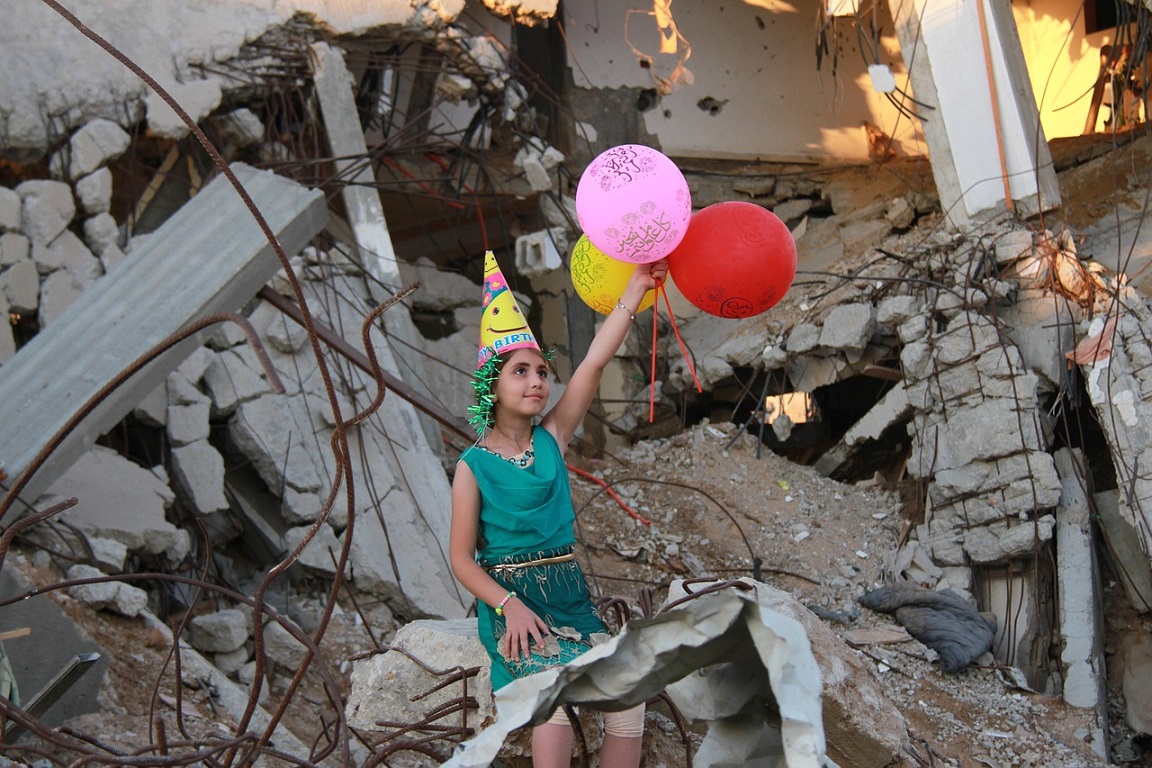 The traditional hegemonic powers realise that they had guessed wrong, and Russia has not collapsed either economically or militarily. Moreover, the countries of the world – the vast majority of them – do not support the West in this adventure and are turning to some sort of world conference to bring peace, which is precisely what China is proposing.
The traditional hegemonic powers realise that they had guessed wrong, and Russia has not collapsed either economically or militarily. Moreover, the countries of the world – the vast majority of them – do not support the West in this adventure and are turning to some sort of world conference to bring peace, which is precisely what China is proposing.
For Israel, it would have won militarily, given the enormous military weakness of the Palestinian forces in the face of the armed power of Zionism. But Israel’s genocide cannot be denied. As in Ukraine, voices are growing from almost every government in the so-called Third World calling for an immediate end to the massacre in Gaza – now extended to the West Bank as well. Many of Israel’s European allies are now pushing for a negotiated solution and above all an end to the massacres.
In addition to the proposals of so many governments to push for such negotiations, the disapproval of a large part of the world’s population is already unstoppable, including in the United States itself, where even parliamentary sectors (albeit, for now, in a minority) condemn Israel’s genocidal policies and advocate some kind of peace negotiations.
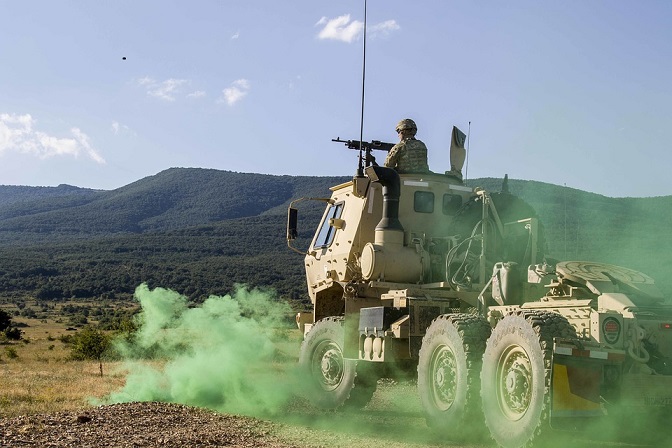 Also joining this movement – and this is very important when it comes to advancing any solution – are sectors of Israeli society that have little or nothing to do with Zionism and that also advocate a peaceful solution.
Also joining this movement – and this is very important when it comes to advancing any solution – are sectors of Israeli society that have little or nothing to do with Zionism and that also advocate a peaceful solution.
There are already many Jewish voices that do not support the far-right government and assume that, despite the apparent military victory, Israel has lost the war and will have to negotiate a way out of peace and coexistence with the Palestinians.
Two would be the possible solutions to the conflict in Palestine: the proposal of ‘two states’, and the overcoming of the problem with the formation of one-state that includes all the communities currently in conflict; Palestinians, believing and non-believing Jews (of which there are also some and not a few) and other minor ethnic groups that endure the tyranny of Zionism.
Either of these two solutions could be adopted to provide a civilised and humane way out of the conflict. In either case, the West (the traditional powers) would not lose Israel as their huge military base in the region, but they would see their power greatly diminished and would have to accept some of the conditions demanded by the new powers (Russia and China, in particular), in military, economic and political terms.
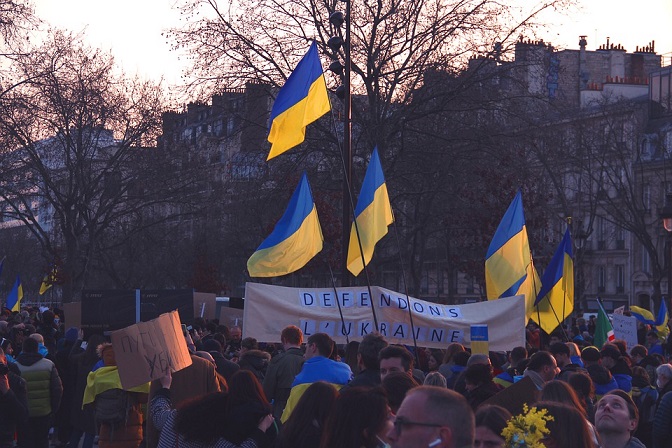 Only the most hardline Zionists propose maintaining the current strategy and forcing their Western allies to continue to support them, but without being in a position to guarantee advantages to the West. Quite the contrary.
Only the most hardline Zionists propose maintaining the current strategy and forcing their Western allies to continue to support them, but without being in a position to guarantee advantages to the West. Quite the contrary.
Nor are there serious indications that these two conflicts (Palestine and Ukraine) will lead to a third world war. The European Union’s decision to boost its autonomous arms production and the proposal that the Old Continent should have its own armed forces is undoubtedly a welcome move for European arms manufacturers, but it is of little or very little interest to the so-called ‘military-industrial complex’ in the United States, which is the business group that profits most from these wars.
Remaining in NATO with its own armaments – and even more so, having its own NATO, without the United States – as General de Gaulle once proposed, will make Washington even more uneasy.
(Translated by Rene Phelvin – Email: renephelvin@gmail.com) – Photos: Pixabay












.jpg)






